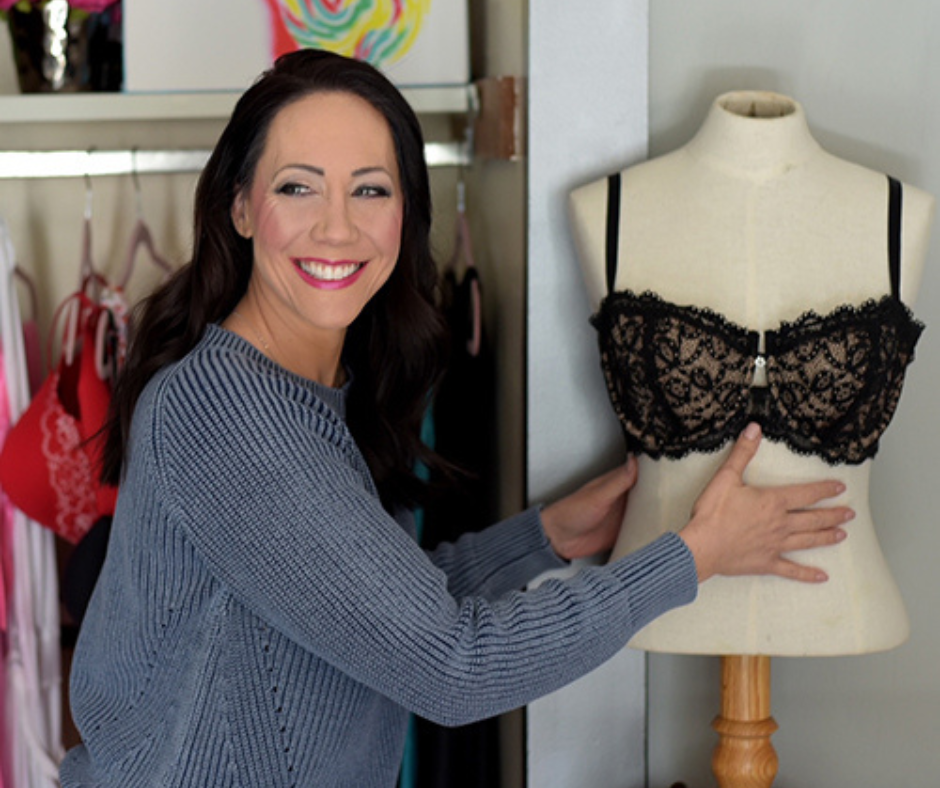Well, it happened again. Another panic attack, another uncomfortable conversation, another excuse of feeling sick when you just don’t want to go out. You might shrug it off as being introverted, and maybe that’s really it. Or, maybe your anxiety is so crippling that you’re always judging yourself and thinking negative thoughts.
Sound familiar?
You Might Also Be Interested In:
What you might be dealing with is called social phobia, more commonly known as social anxiety. More than 7% of the population has dealt with social anxiety at some point in their lives. An even higher 13-14% has developed lifelong social anxiety. Whether you struggle with social anxiety, or a loved one does, it doesn’t have to be the definition of your personal life. Here are seven great tips to help you overcome social anxiety:
1. Accept that social anxiety is something you struggle with
They say that acceptance is the first step. For those struggling with social anxiety, this can be extremely difficult. Many people with anxiety have been told to “get over it” or to “shake it off”, as if it was that easy to manage. The problem with any mental disorder is that it has the poisonous ability to make irrational thoughts seem completely rational. With distorted thinking like this, how are we supposed to help ourselves? If at all possible, try your best to take a step back, acknowledge that you are not overreacting, that you are not defined by your disorder(s), and that you can get through it.

2. Bring a trusted friend along when you attend gatherings
If you’re going to be in a new situation or meeting new people, try to bring a close friend along. Should things become uncomfortable and you need to leave, you have someone to reassure you that you aren’t overreacting. This leads into…
3. Carry a notebook with you
One technique to overcome social anxiety is to write your thoughts and feelings down. It doesn’t have to be a notebook — you can use the notes app on your phone, or text yourself details. But it’s of the utmost importance to record details about certain events so that your anxiety can’t distort them later. Cognitive distortions are some of the biggest struggles people with anxiety and depression face — they are self-perpetuating negative thoughts that eventually become reality for those afflicted. If you carry around a notebook and write notes about certain situations (i.e. having a conversation, what they said, how you felt, what you were anxious about), and re-read these notes later, this will help undermine the toxicity of cognitive distortions. You’ll be able to review a past situation in a current situation; one that is not actively causing anxiety. Since your thoughts will be less distorted, you’ll be able to appreciate the interaction without being afraid.

4. Recognize you are a talented individual
This one particularly applies to those that experience social anxiety in performance-based situations: singing in front of people, public speaking, et cetera. Start by practicing your speech, song, or instrumental piece at home, or in front of a small group of close friends and family. Since you trust them your anxiety will not spiral out of control and you’ll feel reassured. If that same group of people (or some of them) accompany you to your big performance, they will be able to watch and affirm you. Additionally, practicing for yourself is beneficial, because you can feel free to make mistakes. Try not to beat yourself down too much if you mess up while practicing alone. It happens to world-class speakers, vocalists, and performers.

5. Ask people questions
If you happen to find yourself in an uncomfortable situation or dialogue with someone that you don’t know, asking them a lot of questions can be very helpful with facilitating small-talk. If you ask a lot of questions, you learn about the person you’re talking to, which helps to facilitate future discussions with them. (Plus, people love to talk about themselves!)
6. Practice your breathing
There’s a reason that psychotherapists begin hypnosis and visualization techniques by emphasizing deep breaths! There are several kinds of breathing exercises: some that are aimed at meditation, some that are aimed at anxiety-reduction, some that are aimed at pure relaxation. Find some breathing exercises that work for you, and practice, practice, practice! This is one of the sure-fire ways to prevent an anxiety attack.
And, if it really comes down to it…
7. Ask a professional for help
If these techniques don’t help you overcome your social anxiety, find a professional to help you get on a treatment plan. There are lots of people who pursue psychotherapy because other options simply weren’t working for them. If you’re unsure where to begin, or don’t have the economic means to find a mental health professional on your own, begin by asking your general practitioner what they recommend doing.
Just because you struggle with anxiety doesn’t mean it has to rule your life. There are ways to get help, and people that love you that want to help. Treatment will likely feel very uncomfortable and distressing, but that’s often the case when it comes to coping with mental illness.



























Subscribe so you don’t miss a post
Sign up with your email address to receive news and updates!